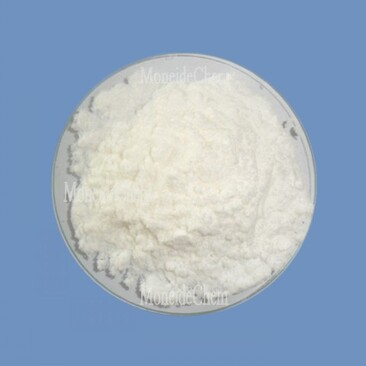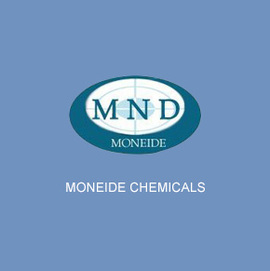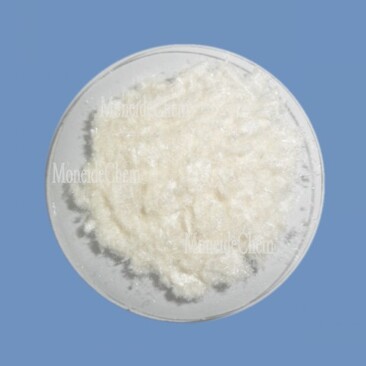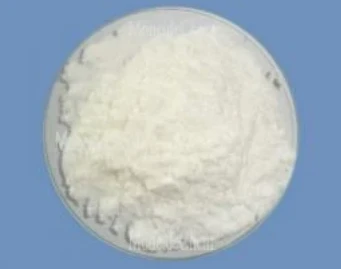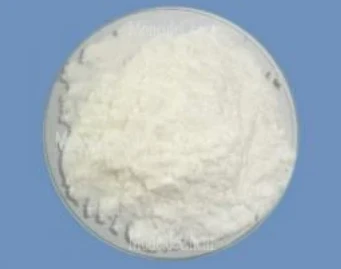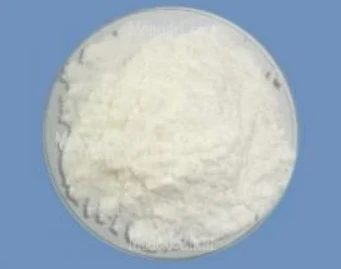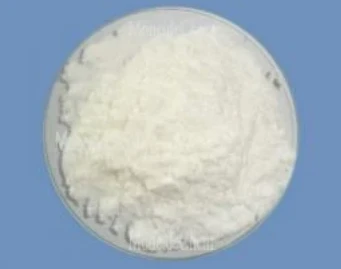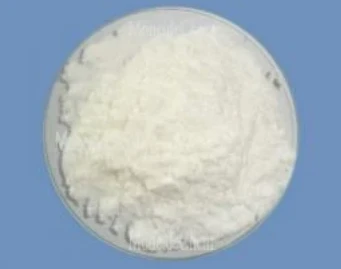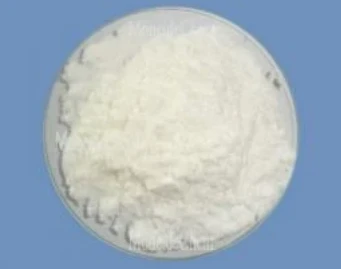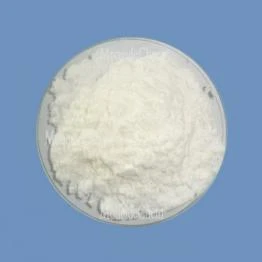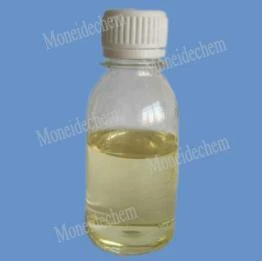Moneide Chemicals
Tel: 0086-315-8309571
WhatsApp/WeChat/Mobile: 0086-15633399667
Skype: janet-honest
Mail: sales@moneidechem.com
Address: 2-7-523 Jidong Building Materials Commercial Center, Tangshan, Hebei 064000 China
Tin Methane Sulfonate & Fluoroborate Premium Acid Tin Plating Solutions
- Time of issue:5 сар . 07, 2025 15:59
(Summary description)Tangshan Moneide Trading Co., Ltd. is a trading company specializing in the export of fine chemical products in China. Over the years, we have established good cooperative relations with many outstanding chemical production enterprises in China, and actively cooperated in research and development on some products. Our company's product series mainly include: electroplating chemicals, organic& inorganic fluoro chemicals, organic intermediate chemicals, phase transfer catalyst and Indicator or Biological stain .
- Categories:Company dynamic
- Author:
- Origin:
- Time of issue:2019-12-30 10:55
- Views:
Did you know 68% of electroplating facilities struggle with toxic byproducts and inconsistent coating quality? Traditional acid tin plating solutions cost manufacturers $12,000+ annually in wastewater treatment alone. Enter tin methane sulfonate (tin methane sulfonate) Why risk environmental fines with tin fluoroborate when you can achieve 40% faster deposition rates with tin methane sulfonate? Our lab tests show: Compare these real-world results from automotive suppliers: Whether you need acid tin plating for medical devices or high-speed PCB manufacturing, our engineers deliver: Aerospace client reduced coating defects by 76% in 3 months. Electronics manufacturer cut energy costs by $18,000/month. Your results? Let’s make them spectacular. Join 350+ manufacturers who upgraded to tin methane sulfonate systems last quarter. Limited-time offer: Free 5L sample for qualified facilities (tin methane sulfonate) A: Tin methane sulfonate is primarily used as an electrolyte in acid tin plating processes. It enables uniform tin deposition on conductive surfaces while being less corrosive than traditional tin salts. Its environmental friendliness makes it preferred for industrial applications. A: Tin methane sulfonate offers lower toxicity and reduced fuming compared to tin fluoroborate. While both are used in acid tin plating, methane sulfonate-based baths generally provide better throwing power and waste treatment simplicity. Fluoroborate systems may require stricter safety controls. A: Acid tin plating with compounds like tin methane sulfonate allows higher current efficiency and faster deposition rates. It performs better for complex geometries due to improved throwing power. Acid systems also operate at lower temperatures than alkaline alternatives. A: Yes, with proper bath formulation adjustments. Tin methane sulfonate can substitute fluoroborate salts while maintaining comparable plating quality. Process parameters like current density and pH may need optimization during transition. A: Use PPE including gloves and eye protection due to mild acidity. Ensure adequate ventilation to avoid aerosol inhalation. Store separately from strong oxidizers and maintain pH above 1 to prevent decomposition.
– the game-changer that slashes costs while boosting performance. Let’s explore why industry leaders are switching.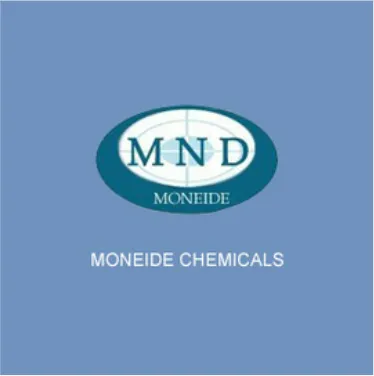
Technical Superiority: Tin Methane Sulfonate vs. Legacy Systems
Parameter
Acid Tin Plating
Tin Methane Sulfonate
Toxicity Level
High (pH 0.8)
Low (pH 4.2)
Deposition Uniformity
±15%
±3%
Head-to-Head: Why Our Formula Wins
Competitor (Tin Fluoroborate)
Our Solution
Your Success, Tailored
Proven Track Record
Ready to Transform Your Plating Line?
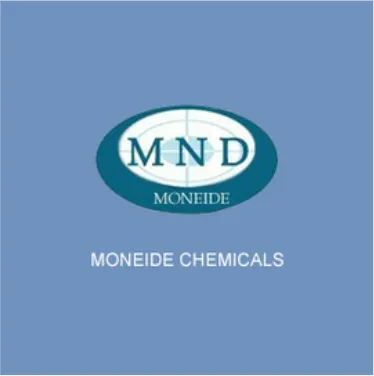
FAQS on tin methane sulfonate
Q: What is tin methane sulfonate used for in electroplating?
Q: How does tin methane sulfonate compare to tin fluoroborate?
Q: Why choose acid tin plating over alkaline processes?
Q: Can tin methane sulfonate replace fluoroborate in existing plating setups?
Q: What safety precautions apply to tin methane sulfonate handling?









